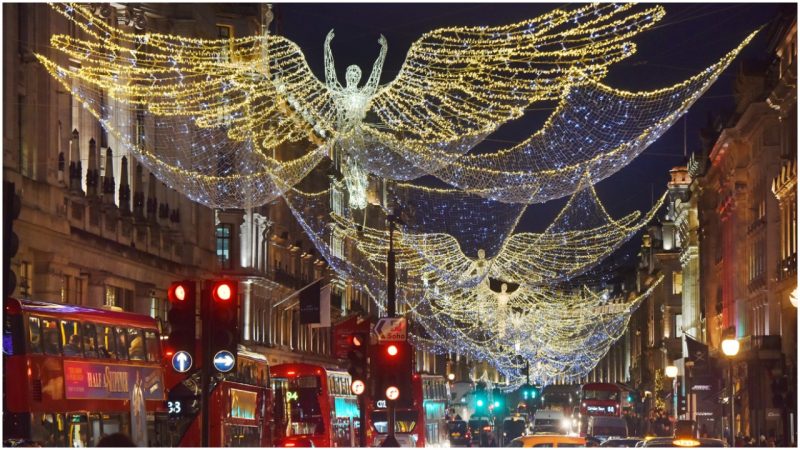Yes, you’ve read that right. Not every part of the world dreams about a white Christmas and thinks of this as the most wonderful of the year. Two years ago, the Sultan of Brunei and Somalia led an anti-Christmas “mission” and even banned Santa hats. In fact, some countries that wholeheartedly celebrate this holiday today have a history of animosity toward the festive season in the past. When the pilgrims first arrived in the New World, they imposed a ban on Christmas, and Cromwell’s puritans did so too in England, with a few socialist countries following suit centuries later. In recent years, there have been a number of countries that implemented Yule restrictions, including Cuba, Albania, and China. So as we recover from another Christmas followed by Boxing Day, here’s a brief insight into the countries that banned Christmas in the past.
England
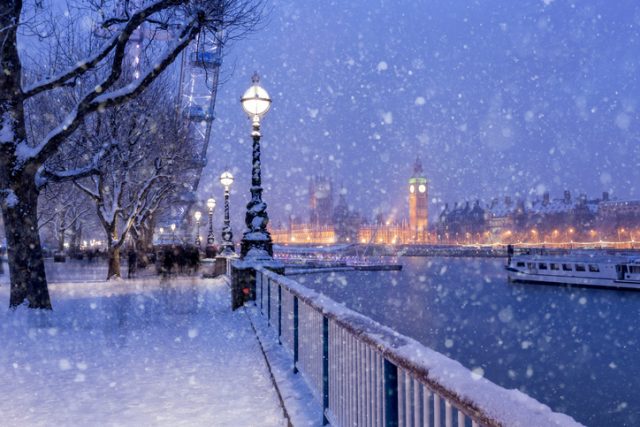
After the overthrowing of the monarchy and execution of King Charles I during the English Civil War, Oliver Cromwell discouraged the celebration of Christmas and saints’ days between 1645 and 1660. The reason for this was the stern belief of the ruling Puritans who considered such celebrations to “give liberty to carnal and sensual delights.” Parliament ordered the shops to stay open and even violently crushed secret celebrations, causing riots on the streets of London and other cities. Cromwell’s death in 1658 marked the beginning of the Restoration and thus the end of the aforementioned practices and policies.
Brunei
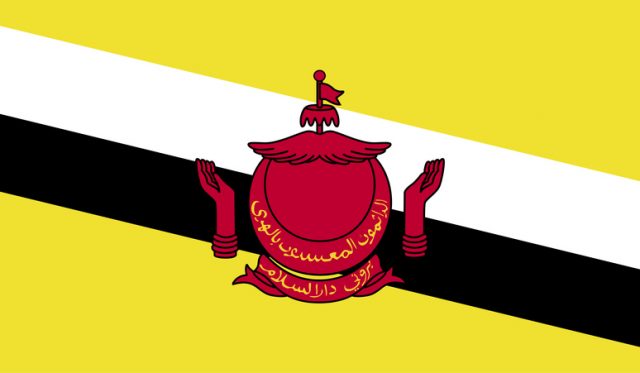
Three years ago, Brunei imposed a ban on public celebrations of Christmas, threatening with fines and prison for the disobedient practitioners of Christmas tradition. The ban specifically referred to Christmas costumes, including Santa hats, singing Christmas carols and songs, ornamentation with Christmas symbols and decorating trees. The strict decree was published in the Brunei Times and introduced by the billionaire Sultan of Brunei, who implemented it through Sharia law.
Tajikistan
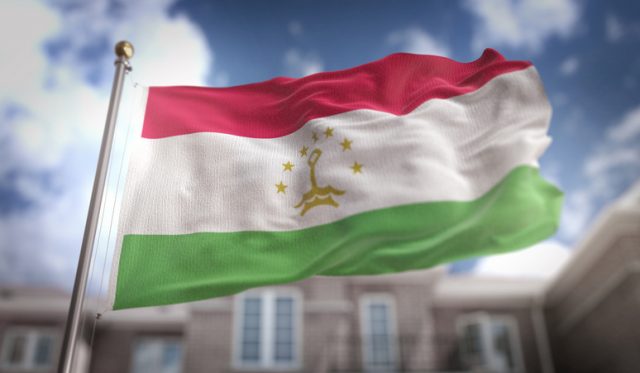
Like Brunei, in 2015, Tajikistan was another country whose education ministry outlawed a number of Christmas customs and traditions, including the decorating of Christmas trees, festive feasts, fireworks, and exchange of presents. According to some media, these restrictions were an extension to the ban imposed on Father Christmas in 2014 and the tragic homicidal case of a man dressed as Santa who had been stabbed to death in 2011. These cases led to anti-Christmas regulations in this Muslim-majority country, which over time increased its restrictiveness.
North Korea
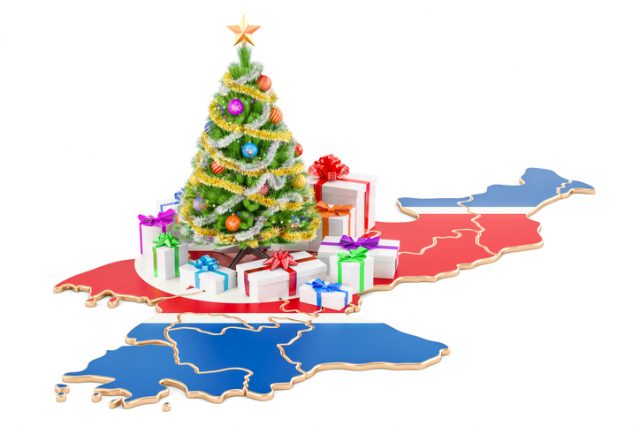
Considered one of the most hostile countries in the world toward Christians, North Korea doesn’t impose any official restrictions to Christian religion, but still stays far away from its commonly practiced traditions such as the celebration of Christmas Eve on the 24th December–a day that North Koreans celebrate as the birthday of Kim Jong-il’s mother, the Sacred Mother of the Revolution. Moreover, in 2013, this country almost declared war with South Korea due to the latter country’s giant Christmas tree, which was placed on the border between the two countries.
USA
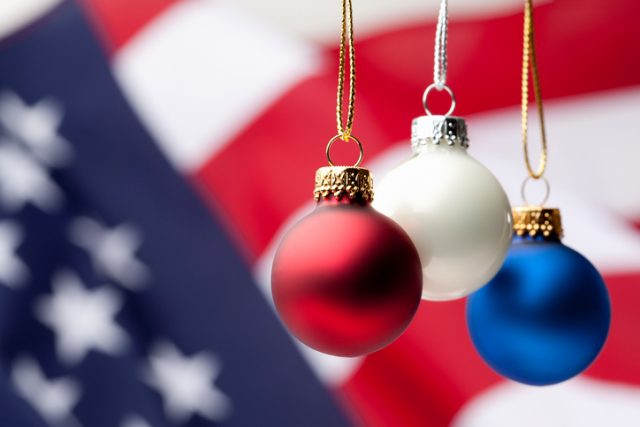
In 1620, when the Puritans first arrived in the New World, they attempted to ban Christmas, branding it as the “Foolstide.” They fiercely believed and decreed that the only religious holiday worth celebrating was the Sabbath. This Puritanical ban was practiced quite strictly and anyone who disobeyed it was arrested. Even the Governor of Massachusetts experienced this anti-Christmas policy when he got put behind the bars for sponsoring a Christmas service. The ban lasted until the middle of the 18th century.
Saudi Arabia
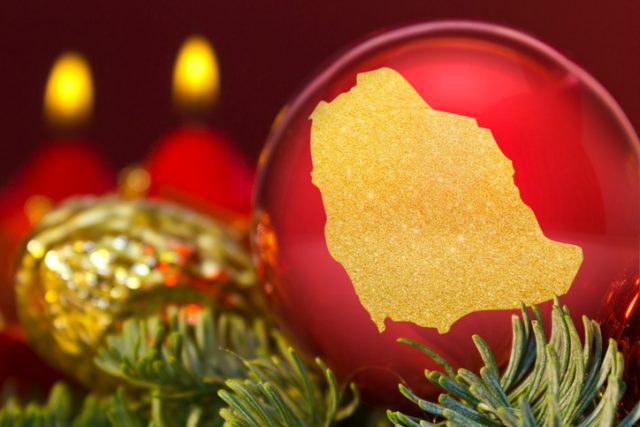
Christmas in Saudi Arabia was silently celebrated by expatriates in their homes in the past. A few years ago, rumors of unlawful Noel parties provoked the state media to publicly announce the ban of Christmas celebrations in the kingdom. Muslims were also forbidden to greet non-Muslims during the holiday; however, some expatriates still continued observing the customs and let the public know about that by posting pictures of their Christmas trees and decorated homes.
Albania
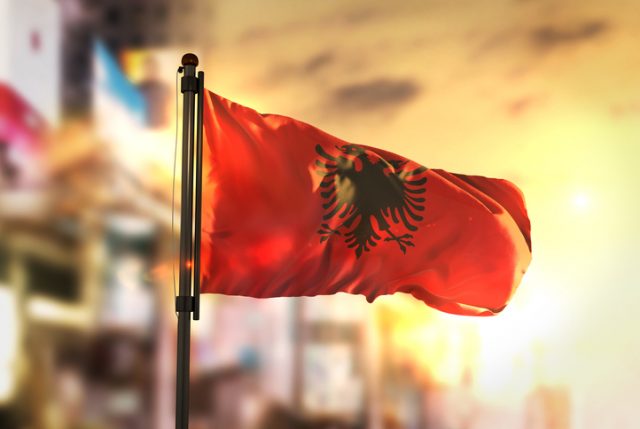
Somalia
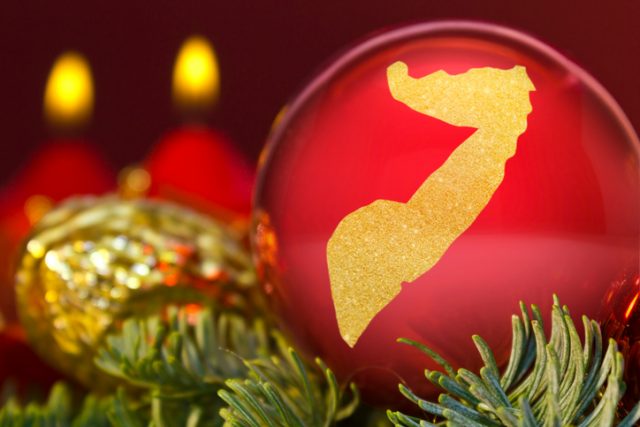
Cuba

China

